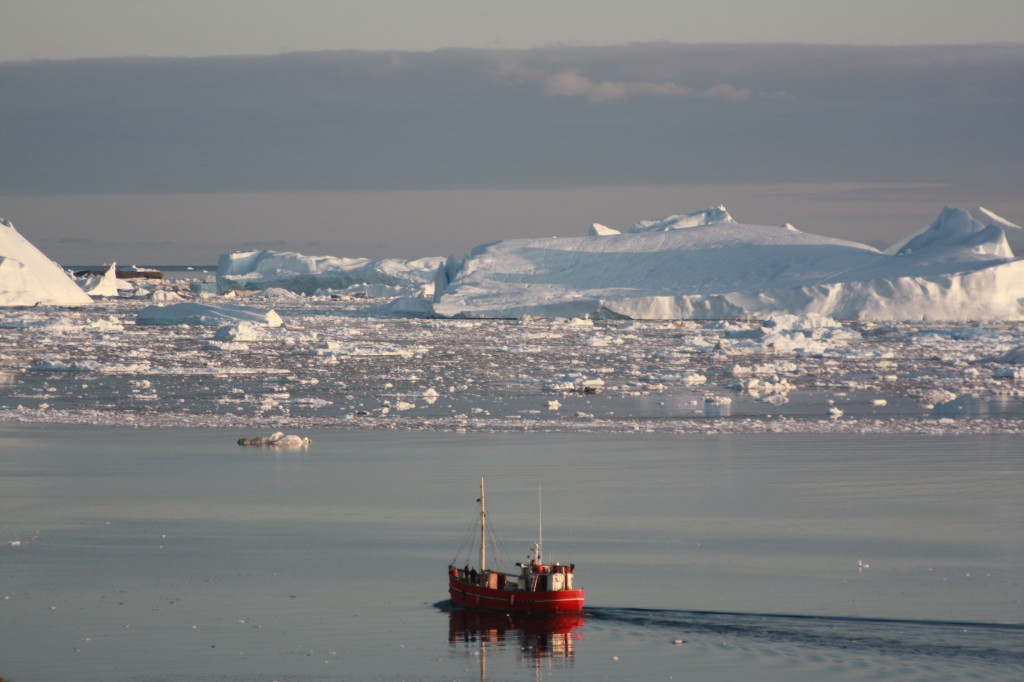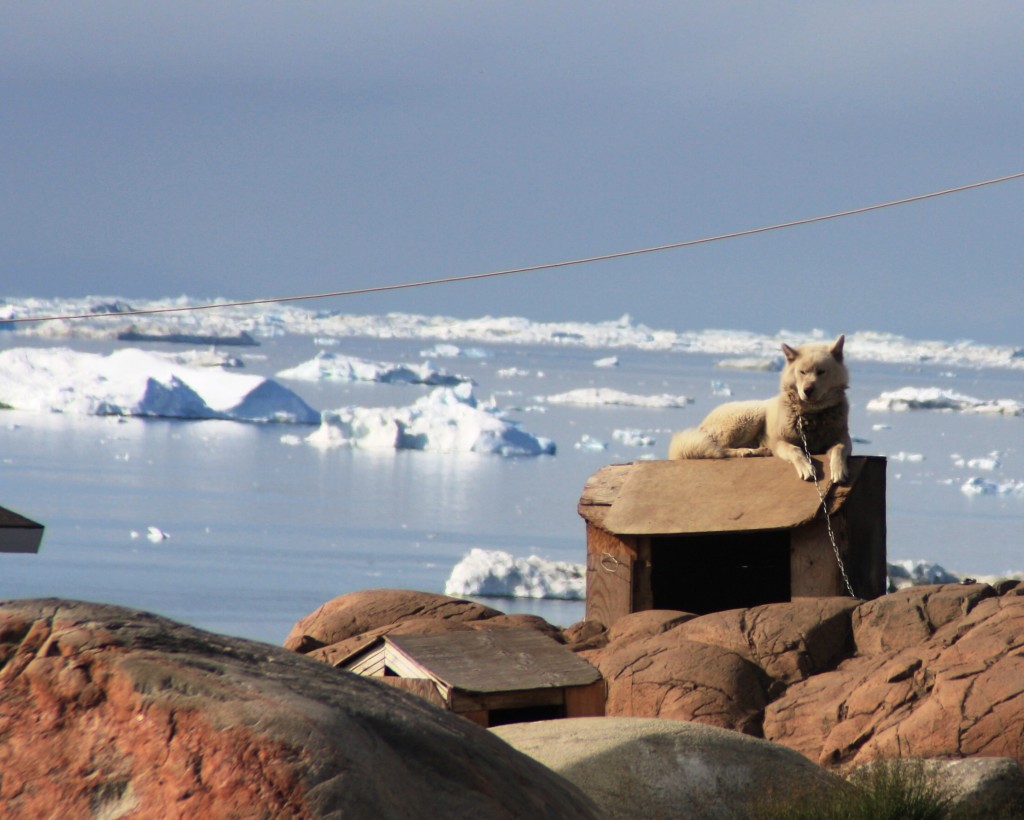How big is Chinese interest in Greenland?
I have come across an interesting perspective on this on www.chinadialogue.net. “The Chinese scramble into Greenland is overhyped” is the headline of an article by Jonas Parello-Plesner. The author maintains there is little evidence of a Chinese scramble for the Arctic. This would seem to contradict a lot of what I have been hearing and reading, so the title jumped out at me. The article appears on a bilingual English-Chinese site dealing with environment-related issues.
Clearly, Beijing is interested in accessing mineral resources all over the world. As far as the Arctic is concerned, the question, it seems to me, is to what extent that interest is already turning into involvement. The trade agreement with Iceland is one sure sign of interest in the shipping routes through the Arctic, as discussed here on the Ice Blog and in various articles over the past year or so. The new Chinese icebreaker and Chinese voyages through the High North are other indicators of interest turning into activity. When it comes to Greenland, Jonas Parello-Plesner has some interesting points. Let me quote one of them: “Actually, the public face of Chinese involvement, Xiaogang Hu of London Mining, who was spearheading a high profile investment in an iron ore project, left his position in April. Locals explained this as a result of new Greenlandic leader Hammond’s intention to revise the Large Scale Act, which was enacted under the previous government and allows scores of foreign workers on mining projects. Xiaogang was als the link to Chinese investors like Sichuan Xinye Mining Investment or the China Development Bank.”
This is, I believe, an interesting development. “It looks like Chinese investors – and their workers – are waiting and watching, rather than invading,” is the article’s conclusion from this. Remember all the talk of the 2,000 Chinese workers reported to be heading for Greenland? Concern about this was said to be one of the factors that led to the change of government. Understandably, the Greenlanders would like to have the wealth to fund independence from Denmark. But at what cost? The major price could well be environmental destruction. The other question for the island’s leaders is how they can ensure that Greenland actually benefits from mining or drilling activities. The small population would have to work with foreign partners. The new government has introduced royalties to prevent profits disappearing offshore. Parello-Plessner says the challenge for Greenland is not just how to deal with Chinese interest, but “how to transform into a successful resource economy”.
I think he puts the situation in a nutshell: “With its tiny population, there are question marks over the ability of Greenland’s small negotiation teams to secure sufficiently stringent criteria that ensure investments are sustainable and environmentally acceptable. If it is unsuccessful, Greenland might simply become like other resource rich countries before it – it might think it had hit the resource jackpot, only to find out that it was really a curse.”
Meanwhile, Greenland’s ice continues to melt. Let us not forget the reasons for the opening-up of the Arctic. And what consequences human-made climate warming will have for people all over the globe. Here is a link to one interesting recent report on the Greenland melt and implications for sea level rise:
At the big climate change impacts conference I attended in Potsdam recently, the experts stressed the need to adapt to climate change now and not wait for international agreements. Adaptation has become a necessity to avoid or minimize damage from climate-related events. I often wonder whether this could take attention away from the need to mitigate. Wolfgang Lucht from the Potsdam Institute for Climate Impacts thinks it is the other way round. The more we know about the measures needed to deal with likely impacts, the more urgent becomes the need to mitigate climate change by reducing emissions. Our capacity to adapt is not unlimited, says Lucht, who also holds a chair in sustainability science at Berlin’s Humboldt University. “We have evidence that climate change could have played a role in the collapse of complex civilizations. It is not certain, but there are signs that changes in the environment could have had a major impact, for instance through changing the availability of resources a society relied on”.
Can we keep that in mind when it comes to developing the Arctic for more oil, gas and minerals?

















